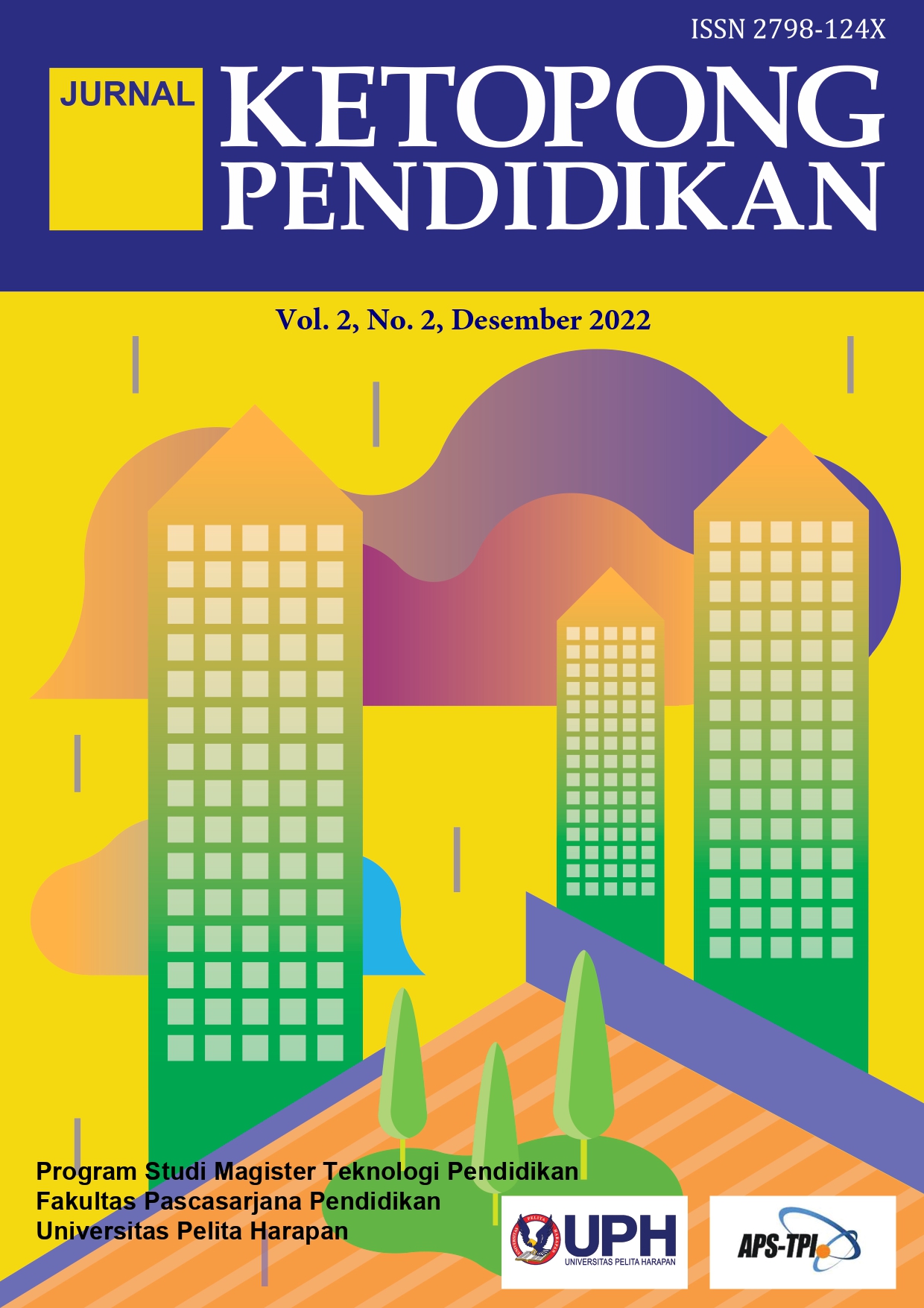Pemahaman Guru di Sekolah Katolik Terhadap Keragaman dan Inklusivitas: Studi Kasus di TK XYZ
DOI:
https://doi.org/10.19166/jkp.v2i2.10302Keywords:
Teacher Perspectives, Diversity, InclusiveAbstract
In recent years, Indonesia has faced increasing social conflicts related to diversity, some of which have also affected the education sector. Discrimination against children with HIV/AIDS, rejection of students with special needs, and religious-based restrictions highlight the urgent need for inclusive education. Early childhood education is expected to foster tolerance and respect for diversity from the very beginning, ensuring equal opportunities for all children as mandated by national law. his study employed a qualitative approach to explore teachers’ understanding and practices related to diversity and inclusive education in a Catholic-based kindergarten (TK XYZ) in East Jakarta. The findings indicate that teachers possess a generally positive understanding of inclusive education, emphasizing acceptance and accommodation of diverse student needs. TK XYZ demonstrates inclusive elements through a strong sense of belonging among staff and students, classroom practices encouraging collaboration, and a curriculum that introduces diversity from early themes. Hidden curriculum elements, collaboration with parents and external stakeholders, and supportive school policies further strengthen inclusivity. Challenges mainly arise from initial attitudes of students and parents, addressed by the school through discussions and modeling inclusive behavior. TK XYZ has effectively implemented inclusive education principles, integrating acceptance, collaboration, and policy support. However, continuous training, systematic parent engagement strategies, and reinforcement of inclusive practices remain essential for sustainability.
References
Carrington, S. (1999). Inclusion needs a different school culture. International journal of inclusive education, 3(3), 257−268. https://doi.org/10.1080/136031199285039
Hernandez, H. (2001). Multicultural education: A teacher’s guide to linking context, process, and content. Columbus, OH: Merrill Prentice Hall.
Nutbrown, C., & Clough, P. (2006). Inclusion in the early years: critical analyses and enabling narratives. London: SAGE.
Pati, K., A. (2013). Aksi kekerasan di indonesia meningkat. Kompas.com. https://money.kompas.com/read/2013/03/15/2004574/regionalindonesiatimur
Sapon-Shevin, M. (2008). Learning in an Inclusive Community. Association for Supervision and Curriculum Development. Beacon Press.
Suarakita, (2013). Idap HIV/AIDS Mirrza tak diterima daftar sekolah. Suarakita. https://suarakita.org/2013/07/idap-hivaids-mirza-tak-diterima-daftar-sekolah
Tilaar, H. A. R. (2004). Multikulturalisme: Tantangan-tantangan global masa depan dalam transformasi pendidikan nasional. Jakarta: Grasindo.
Thomas, G., Walker, D., & Webb, J. (1998). The making of the inclusive school. London: Routledge.
Widiyatno, E. (2013). MUI Tegal: Haram Siswa Muslim Sekolah di Sekolah Non-Muslim. Republika. https://news.republika.co.id/berita/mo81vf/mui-tegal-haram-siswa-muslim-sekolah-di-sekolah-nonmuslim
Wardle, F. (1999). Tomorrow’s Children: Meeting the Needs of Multiracial and Multiethnic Children at Home, in Early Childhood Programs, and at School. Denver, CO: Center for the Study of Biracial Children.
Yaqin, M. A. (2005). Pendidikan multikultural: Cross-cultural understanding untuk demokrasi dan keadilan. Yogyakarta: Pilar Media.
Downloads
Published
Issue
Section
License
Copyright (c) 2022 Tita Rakhmita

This work is licensed under a Creative Commons Attribution-ShareAlike 4.0 International License.
Authors who publish with this journal agree to the following terms:
1) Authors retain copyright and grant the journal right of first publication with the work simultaneously licensed under a Creative Commons Attribution License (CC-BY-SA 4.0) that allows others to share the work with an acknowledgement of the work's authorship and initial publication in this journal.
2) Authors are able to enter into separate, additional contractual arrangements for the non-exclusive distribution of the journal's published version of the work (e.g., post it to an institutional repository or publish it in a book), with an acknowledgement of its initial publication in this journal.
3) Authors are permitted and encouraged to post their work online (e.g., in institutional repositories or on their website). The final published PDF should be used and bibliographic details that credit the publication in this journal should be included.


